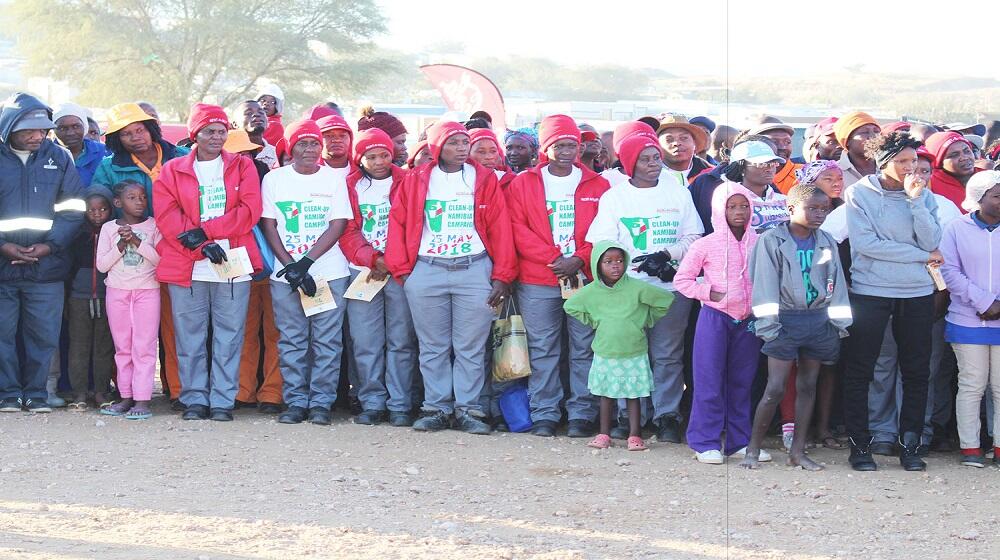WINDHOEK, Namibia ̶ In the first survey of its kind, the Namibia Statistics Agency with support from the United Nations Population Fund (UNFPA), other UN sister agencies and partners conducted the COVID-19 Households and Job Tracker Impact Survey.
Launched on 27 October 2021 under the theme, ‘A year living with COVID-19’, the report assesses how COVID-19 and the measures taken by the government impacted households and individuals in Namibia.
The survey covers the months of March 2021 and April 2021, a year to the date when the first COVID-19 cases were publicly reported by the Namibian Government.
At the launch, Sheila Roseau, UNFPA Namibia Representative speaking on behalf of the UN system in Namibia, said the COVID-19 pandemic has demonstrated how important real-world data is for informing public health policy decisions and improving clinical trials.
“It is science, research and evidence, and not wishful thinking or ideology, that gives us hope as we face uncertainties around the pandemic,” she said.
“The COVID-19 Households and Job Tracker Impact Survey that we are launching today will offer policymakers and the public relevant and timely insights about health, social, and economic impacts associated with the pandemic,” she noted.
The study found that COVID-19 legislative restrictions on the sale of alcohol, curfews, and closure of businesses led to a loss of income and jobs, with a majority of the respondents reporting being in the construction and retail sectors.
About 49.2% of rural and 46.2% of urban respondents reported that they had to stop working because of COVID-19, while a further 18.4% of respondents in urban and 11.9% in rural reported being laid off while the business continued to operate.
At the time of the survey a majority of household members had not been tested for COVID-19, however, 60.6% of respondents indicated a willingness to take the vaccine.
The main reasons for not taking the vaccine were fear about the safety of the vaccine (26.9%). Other cited reasons included not trusting vaccines (19.4%) and possible side effects of the vaccine (18.7%).
“Since we are the Namibia Statistics Agency we found it worthwhile to conduct such an assessment in order to provide statistics for evidence based planning”, stated Alex Shimuafeni, Statistician-General and Chief Executive Officer (CEO) of NSA.


